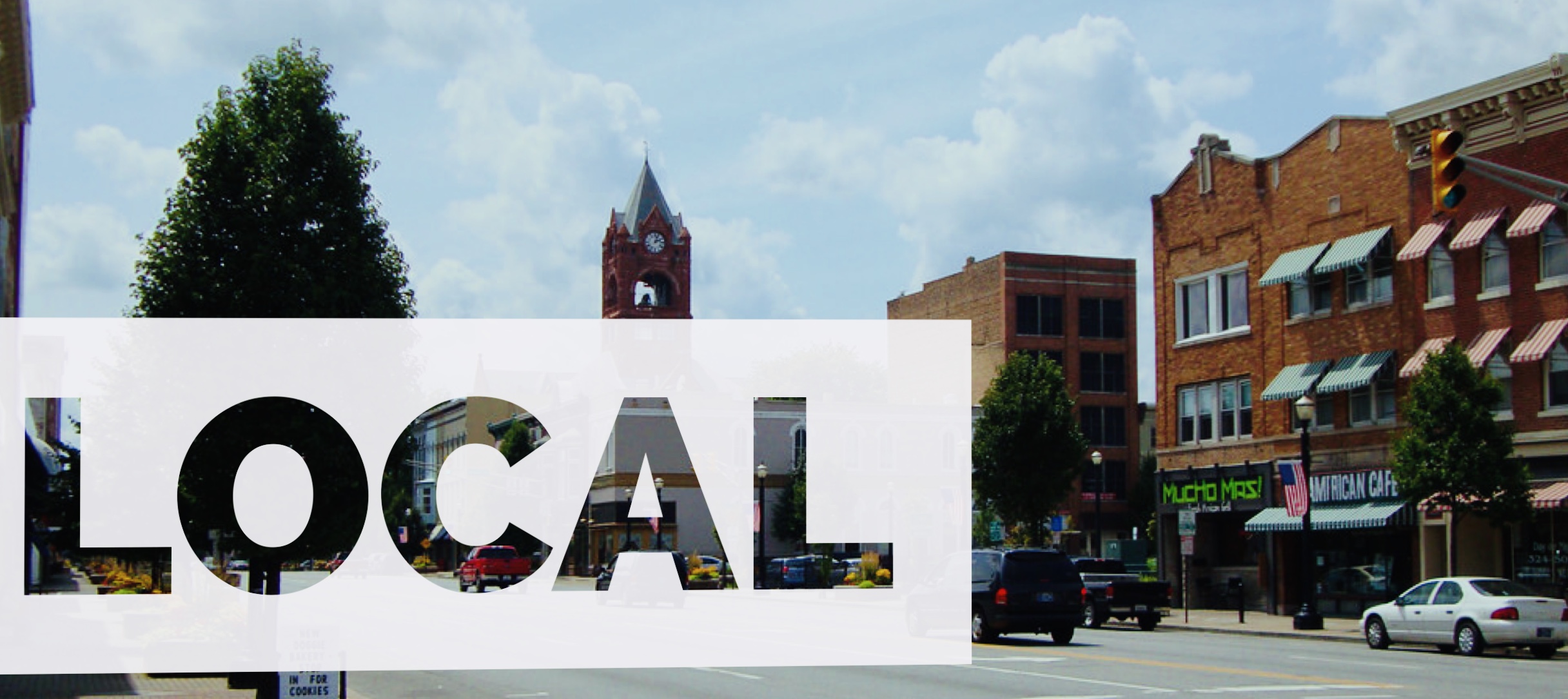(Michigan City, IN) - A leader of the black community doesn’t mind if the picture of “Aunt Jemima” on the iconic brand of syrup and pancake mix stays feeling her image today is more favorable to the race.
Wes Scully, president of the LaPorte County chapter for the National Association for the Advancement of Colored People, does support the decision to give the product a different name.
Scully said the name “Aunt Jemima” and her previous look as a servant reflects the days of slavery and later the time period where the unkind portrayal of blacks in film and advertising was rooted in racism.
Scully to satisfy people upset by her days being numbered suggested keeping the more contemporary image of Aunt Jemima while renaming the brand “Madea.”
Madea defined in black culture as “Mother Dear” is a name African-Americans often give to a strong, loving matriarch of the family.
“That’s the figure they may have transitioned into with the different
changes on Aunt Jemima to make it fit more with the Madea of today,” Scully said.
He believes such a name change to go with the current image would be a
more accurate and uplifting reflection of a race that can use more positive examples and hope.
Pepsi owned Quaker Oats has decided to remove Aunt Jemima from the logo of the iconic breakfast food products and rename the brand in the coming months.
Scully said the birth of the Aunt Jemima character was a product of
systemic racism designed to keep African-Americans down by hurting their self-esteem.
“It’s like anything else. If you tell somebody you’re ugly long enough, guess what? You’re going to believe it. If you tell somebody you’re a fat black maid with a rag on your head, the next thing you know you got people walking around dressed like that,” he said.
He said changes now considered for Uncle Ben’s Rice, Mrs. Butterworth’s syrup and other products also viewed as a racial stereotype by some people are other steps needed to further weaken the connection of blacks to a way of life now ancient history.
“We got to move forward. We got to leave the old South dead,” Scully said.
Overall, Scully said changing the image of products like Aunt Jemima doesn’t scratch the surface of what needs to be overcome to bring a measureable positive impact to the lives of African-Americans.
“If they change it, so be it. If they don’t change it, so be it. We got a lot more troubles than that like economics. Empowerment is our biggest problem,” he said.





